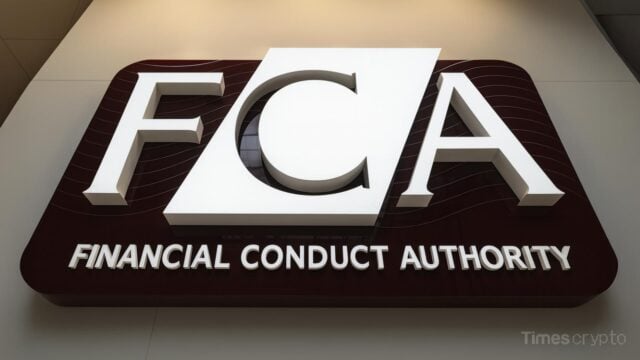Key Takeaways
- The Texas House approved Senate Bill 21, advancing a proposal to create a state-managed Bitcoin (BTC) reserve.
- The Reserve would be managed by the Comptroller, funded through legislative appropriations, investment returns, and crypto donations.
- Only digital assets with a 12-month average market cap over $500 billion, like Bitcoin, are eligible for investment to reduce volatility risk.
- The bill includes enhanced regulatory measures, allows use of Texas-based custodians, and permits staking, lending, and trading through qualified vendors.
- Critics highlight insufficient transparency, potential market-timing risks, and a lack of robust anti-money laundering safeguards in the bill.
In a landmark move that could redefine how U.S. state governments engage with digital assets, the Texas House of Representatives approved Senate Bill 21 (SB 21) with a 101-42 vote. The bill, which seeks to establish a state-run Bitcoin reserve, now returns to the Senate for final approval before heading to Governor Greg Abbott’s desk. If Abbott signs SB 21 into law, Texas will be the second US state, after New Hampshire, to allow for the creation of a cryptocurrency reserve.
SB 21 authorizes the creation of a publicly funded reserve to purchase, hold, and manage Bitcoin. The initiative has backing from Lieutenant Governor Dan Patrick, who prioritized it this legislative session.
What is the Bill all About?
If enacted, SB 21 would create the Texas Strategic Bitcoin Reserve, a special fund administered by the state’s Comptroller of Public Accounts but housed outside the traditional state treasury. The fund would be supported by legislative appropriations, dedicated revenue sources, investment returns, and voluntary donations in cryptocurrency.
To manage risk, only digital assets with a 12-month average market cap exceeding $500 billion (like Bitcoin currently) will be eligible for investment. This measure is intended to limit exposure to highly volatile or obscure cryptocurrencies.
Key Changes and Expansions
The bill underwent several amendments during its journey through the legislature, particularly in the House Committee on Government Efficiency. These changes included tighter regulatory guardrails, enhanced risk controls, and a narrower scope for the Comptroller’s powers.
Under the revised bill, the Comptroller may engage third-party custodians and liquidity providers based in Texas. These partners must maintain audited financials and demonstrate deep experience in digital asset management. Additionally, the state may now stake its assets, trade derivatives, or lend its holdings, so long as ownership remains with the state and all activity is routed through qualified vendors.
Controversies and Concerns
One of the bill’s more contentious provisions involves its rules around cryptocurrency donations. Only individuals domiciled in Texas may donate, and the Comptroller has sole discretion to reject any donation. Donors are barred from influencing how their assets are managed, a move aimed at preventing undue political influence or illicit financing. However, critics argue the bill lacks robust anti-money laundering provisions and transparency requirements.
The Comptroller would also be allowed to temporarily liquidate digital assets to manage state cash flow. This raises fears of market-timing behavior under the guise of treasury operations.
Transparency is another sticking point. SB 21 mandates only biennial reports on fund performance. These critics say it is inadequate, given the volatility of crypto markets. Calls for more frequent audits or quarterly disclosures have thus far gone unheeded.
Is This the New Frontier for State Finance?
Supporters hail SB 21 as a visionary step that positions Texas as a digital asset leader and a hedge against inflation. Opponents argue it injects government into speculative financial markets, puts taxpayer money at risk, and sets a dangerous precedent for public sector investment.
Without clear guidelines for divesting from underperforming assets or mechanisms to rebalance the portfolio, some worry Texas may be locking itself into a volatile and poorly understood asset class.







